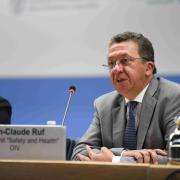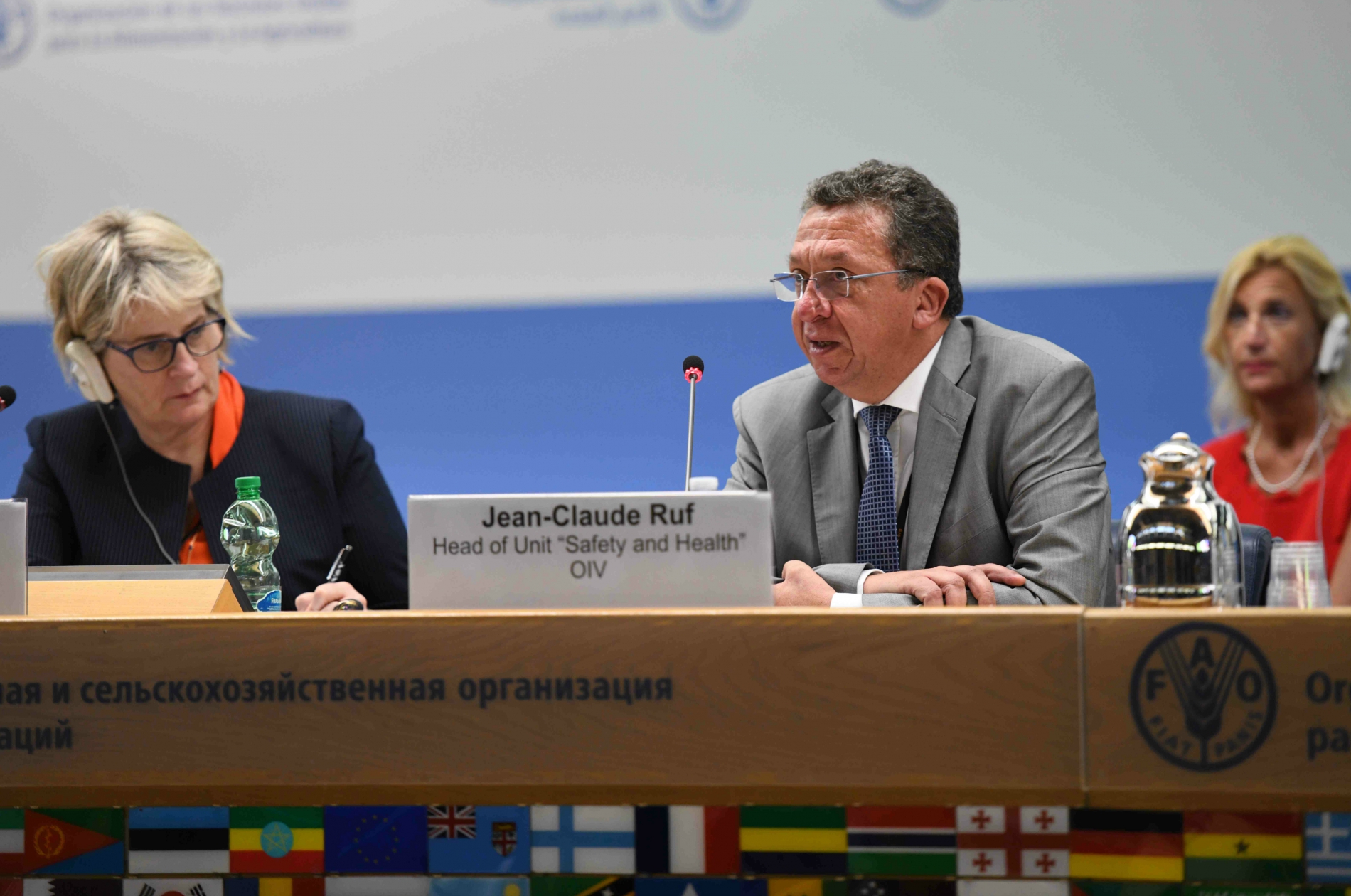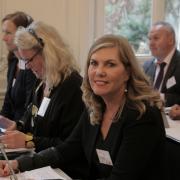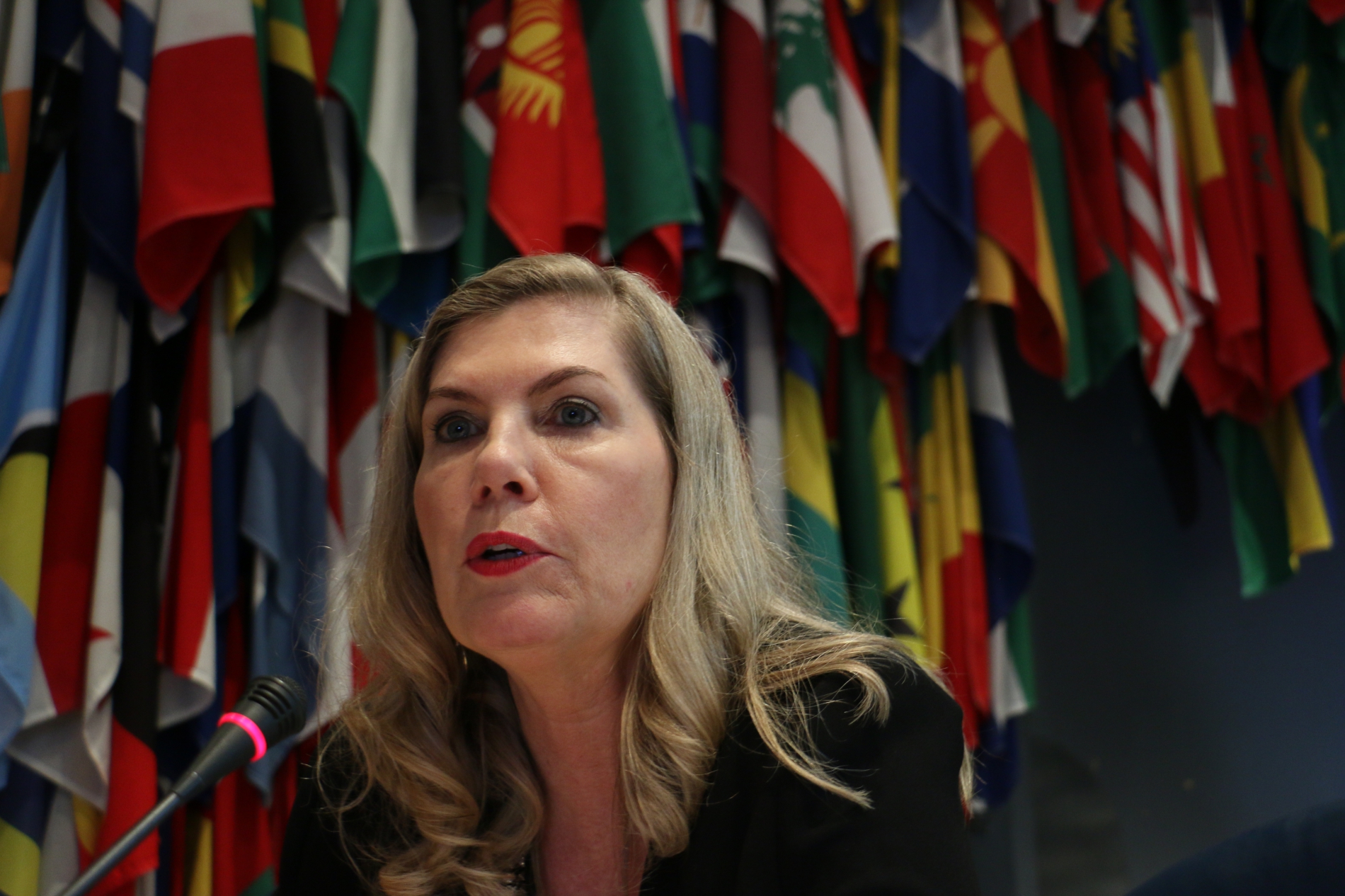
Alongside the 41st session of the Codex Alimentarius Commission, the OIV participated in a round table of intergovernmental organizations on questions linked to the authenticity and identity of food products.
During this session, facilitated by Carlos Laorden from El País, the participants emphasized the need to define a common terminology and take measures to reduce the risks of falsification and deception of consumers.
The improvement of tracking systems, the adoption of new technologies and the development of new electronic systems can be important tools in the fight against counterfeiting.
The OIV Standards
Jean-Claude Ruf, the Scientific Coordinator for the OIV, emphasized that there exist challenges specific to the vitivinicultural sector, where fraudulent practices most often lead to a change in the quality and authenticity of products rather than to health risks.
At the level of the OIV, this need to guarantee authenticity and identity is addressed through the adoption of standards, notably regarding:
- the definition of products,
- oenological practices: these must in particular take into account the consumer’s safety, not significantly modify the original qualities of the grape and the wine and not deceive the consumer,
- labelling rules,
- establishment of traceability guidelines,
- establishment of analytical norms in order to check origins and traceability.

Taken together, these elements still do not preclude the possibility of counterfeiting. Wines or wine-based spirits with a strong added value are more susceptible to counterfeiting, this being the reason why we must establish certain systems of packaging identification, and also ensure appropriate consumer education.
While the OIV standards are intended to improve the quality of and maintain the natural and essential characteristics of wines, they are also crucial to avoid technical barriers to trade in an increasingly global market (43% of wine consumed has crossed at least one border).
In conclusion, Jean-Claude Ruf is pleased with the quality of the relationship between the OIV and the Codex Alimentarius (the OIV has observer status) and reminded the Codex that it can rely on the OIV as the leading technical and scientific intergovernmental organisation in the vitivinicultural sector.


A Brazilian has been elected as President of the International Organisation of Vine and Wine for the next three years, succeeding Monika Christmann.
Régina VANDERLINDE, a professor of biotechnology at the University of Caxias do Sul has been elected by the Member States of the OIV for a mandate of three years.
Holding a doctorate in biological sciences with a focus in enology-ampélologie from the ‘Université de Bordeaux’ she has been a member of the Brazilian delegation to the OIV she also served as the Scientific Secretary of the Sub-commission for Methods of Analysis.
She is happy that South American viticulture has been recognised by the community of the OIV and is pleased to be the third consecutive female President of the OIV.
Here's a short video where the new president expresses her thanks to the member states and her future goals at the OIV presidency (in French and subtitled in English):